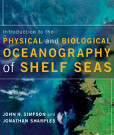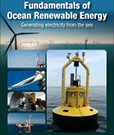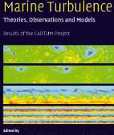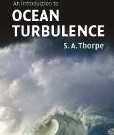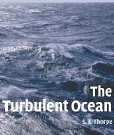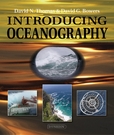
“Turbulence research improves ocean forecasting and marine energy infrastructure” judged to have made a world leading impact in the 2014 REF

“Bangor... is generally regarded as the best institution in Europe for Physical Oceanography.”
New Scientist

“The MSc in Physical Oceanography at Bangor University, which has received NERC funding since 1965, meets a critical skills need in the UK for modellers and numerate environmental scientists.”
UK Natural Environmental Research Council

“The work carried out at Bangor has been instrumental in enabling the measurement of turbulent time series”
Dr Jo Ibrahim, TITAN

“... research at Bangor is important in ensuring the research base on which future developments in turbulence modelling is sound”
John Siddorn, The Met Office
Ocean Physics Research Group
The Ocean Physics group at Bangor University has a proud history of world leading research. Furthermore, we have more than 50 years experience in training new generations of ocean scientists.
Our research focuses on furthering understanding of how the ocean works and interacts with the other components of the Earth System. In particular our world leading research has led to a step change in our understanding of the continental shelf seas and their role in the Earth System. This includes identifying the factors controlling the positioning of shelf sea fronts, and the identification of the mechanisms regulating the key process responsible for the lateral dispersion of freshwater in estuaries and tidally stirred seas, tidal straining.
Current research aims at improving the parameterisation of key processes in global climate and weather models with particular in focus on the role of tidal processes and the evolution of the tide over the history of the Earth. Our recent research identifying a "super tidal cycle" linked to plate tectonics and the movement of the continents featured in
New Scientist. The group's research has also focused on the methods for characterisation of, and impacts of, the extraction of renewable energy from the ocean
Our research is underpinned by the development and application of state-of-the-art numerical modelling and observational techniques. In particular we have been at the forefront of developing method for measuring turbulence in the marine environment for over two decades.
Here, Bangor PhD student Ben Barton explains his new paper which shows a link between the warming Atlantic Ocean and a sea ice regime shift in the Arctic Ocean.
Read the paper here.
Current research projects and themes include:
- High Latitude Physical Oceanography
- Marine Optics
- Marine Renewable Energy
- Ocean Modelling and Climate
- Turbulence and Mixing
Courses
Books by Bangor Ocean Physicists

